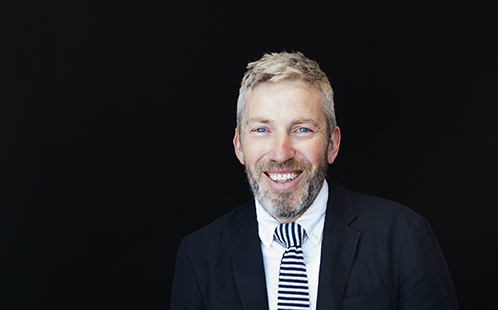
A beacon of cultural diversity, the city of Fairfield is so much more than its current COVID-19 "hot spot" label, said a Western Sydney University expert.
Writing in the Sydney Morning Herald(Opens in a new window), Director of the University's Centre for Western Sydney Dr Andy Marks said Fairfield deserves to be seen as much more than the site of a coronavirus flare-up and a dormitory of "essential" workers.
Dr Marks said governments, both state and federal, should work to better understand the people in areas such as Fairfield and acknowledge the extraordinary resilience of a community forged more recently by migrants and refugees.
"Almost 68 per cent of Fairfield's residents speak a language other than English at home – close to double the rate of Greater Sydney as a whole. Manufacturing is the largest industry. It's also a place where rates of volunteering and the "unpaid" provision of care are significantly higher than non-western Sydney regions of Greater Sydney," explained Dr Marks.
"This is a community of multilingual people, who make things, generously give up their time and help others. Many of Fairfield's residents have directly experienced war, deprivation and persecution. They know – better than most – how to live through crisis, through lockdown and emergency. And, broadly, they comply. The snaking lines of vehicles queuing for hours at testing stations in recent days attest to that."
Dr Marks said that while inroads are being made in areas such as education access and qualifications, cities like Fairfield and its surrounding areas in the Western Sydney region remain disadvantaged, compared with the rest of Greater Sydney, on every major socioeconomic indicator(Opens in a new window).
"When it comes to testing, vaccination and communication, delay and confusion are letting down communities that, quite clearly, are willing to comply," said Dr Marks.
"Many residents of Fairfield are, on the one hand, being regaled as "essential workers" and, on the other, chastised for turning up to work, as though – in the face of profound income disparities and the rise of insecure work – it is a choice. All of this is occurring while the definition of who is and who isn't "essential" remains unclear."
Dr Marks said Fairfield, and many in the city's west like it, are home to the overwhelming majority of Sydney's workers doing the jobs politicians arbitrarily deem essential. But he argues that most of those workers would not class themselves that way.
"They are part of a community. They are caring, connected and engaged people. They are "essential" to their families. Essential to each other," he said.
"I can't imagine why any government wouldn't jump at the chance to learn from the Fairfield community about how it can collaboratively improve its response to what is shaping, for all of us, to be an extended lockdown. And perhaps not the last."






